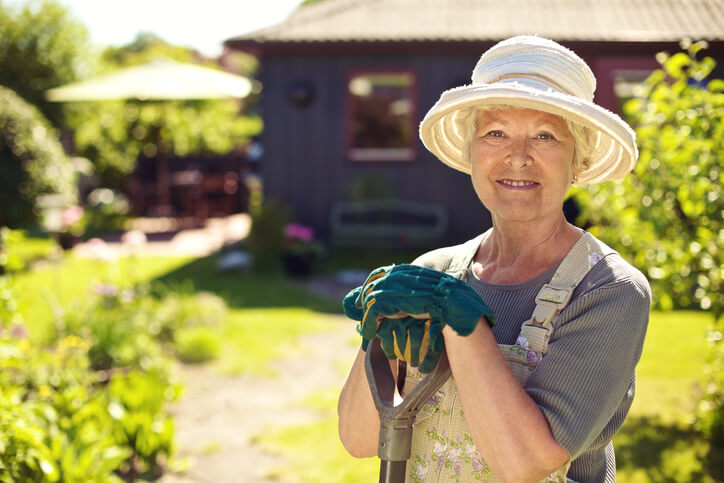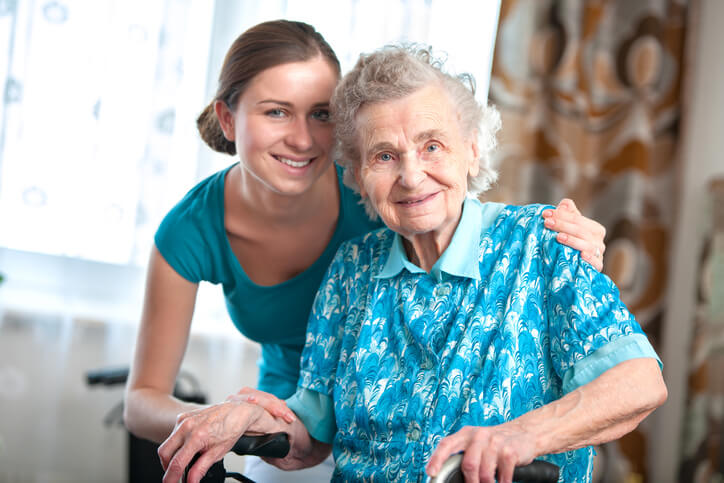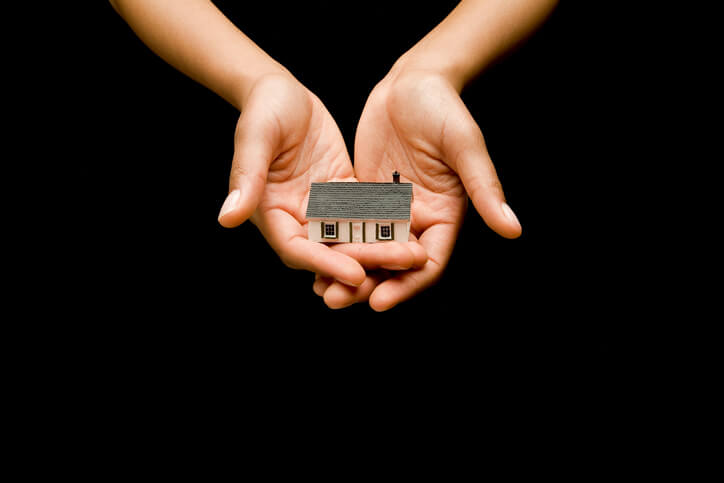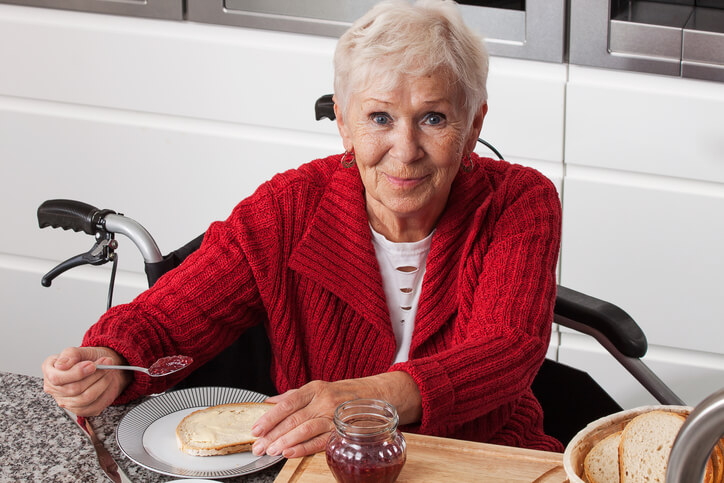
Granny Pods, Flats & Cottages: 7 Terms You Need to Know
From granny pods to temporary units, home-based living options specifically designed to house elderly parents or family members are gaining popularity. While this is good news for the roughly 26 million American seniors who live with or are cared for by family members, conflicting and overlapping terms can make things confusing.
To help you decipher the code, there are seven terms you need to know:
- Accessory dwelling unit (ADU). An accessory or auxiliary dwelling unit is a secondary living space designed to be installed on grounds containing a single-family home. The terms are used interchangeably, and many sources use them to describe both attached and detached living spaces.
- Granny cottage. A granny or in-law cottage is a compact, free-standing home designed to accommodate one or both senior parents and their health or medical needs. Cottages can be built onsite or manufactured offsite and delivered ready for installation.
- Granny flat. A granny flat is a private apartment created by remodeling existing space or building an addition. Many are designed like compact efficiencies, offering a shared open space for sleeping, living and cooking along with a private bath.
- Granny pod. A granny pod is a manufactured home designed as a free-standing mini-home for people with mobility or healthcare issues. Sizes and configurations vary greatly, from small and basic to large and enhanced with the latest medical technologies.
- In-law suite. Like a granny flat, an in-law or mother-in-law suite is a private living space created within your home or built as an addition. While technically there’s no formal distinction between flats and suites, suites are often larger and incorporate more amenities such as full kitchens, laundry facilities and spacious bathrooms.
- Universal design. This phrase is used to describe living spaces intentionally designed to be as accessible as possible to the broadest range of people including those with impairments and disabilities, and to accommodate likely assistive devices such as walkers and wheelchairs.
- Temporary family health care structure. This phrase appears in some legislation and zoning codes. It’s used to describe a temporary self-contained living space (granny pod) that will be occupied by a family member who requires care, but which will be removed once care is no longer needed.
Whether you’re looking at a manufacturer’s website or studying local zoning codes, read with care. Each entity uses these terms in a specific way, so meanings can shift from one source to another.


